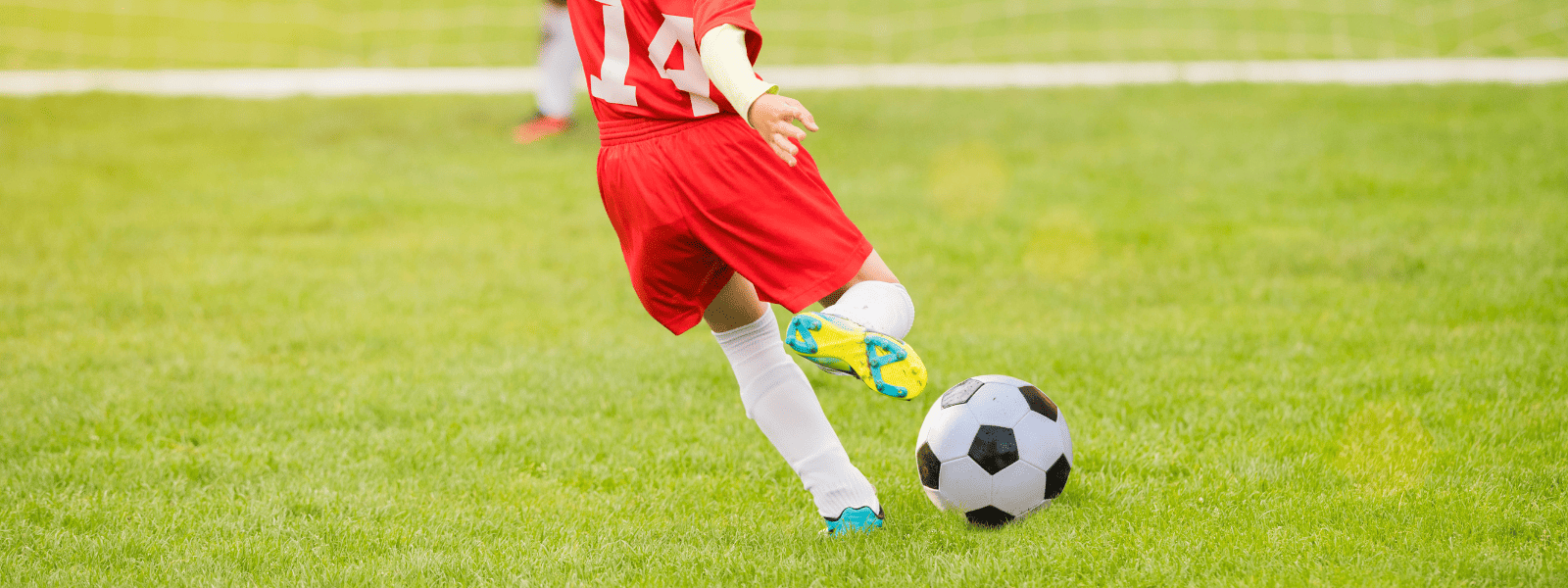Concussions in Kids Sports & Their Impacts on Learning
Participation in sports is an integral part of a child’s development, fostering physical fitness, teamwork, and discipline. However, it’s important to not overlook the risk of injuries, particularly concussions. While concussions are common in various sports, their implications on a child’s cognitive function and learning abilities are often underestimated.
Understanding Concussions:
A concussion is a mild traumatic brain injury that occurs when a blow or jolt to the head disrupts normal brain function. In children, whose brains are still developing, the effects of concussions can be particularly pronounced. It’s essential for parents, coaches, and educators to be aware of the signs and symptoms of concussions. Some of the telltale signs may include headaches, dizziness, nausea, sensitivity to light or noise, and changes in mood or behavior.
The Connection Between Concussions and Learning:
Research has shown a clear link between concussions and cognitive function, impacting memory, attention, and problem-solving abilities. Researchers have found that the biggest cognitive areas of impact for kids, teens, and young adults after concussions include:
- Attention & concentration
- Processing speed
- Memory
- Working memory
- Executive function
- Verbal fluency (word recall)
For children, whose brains are actively developing and adapting to new information, the disruption caused by a concussion can have lasting effects on their learning trajectory.
When these skill areas are disrupted, learning may suddenly become harder than it was before. Or their struggles with attention, organization, writing, or reading may become more pronounced.
Helping Your Child Get Their Confidence Back After a Concussion
It takes time for concussions to heal and for your child to get back to “normal” after these injuries. However, if you’re concerned and see lasting impacts on their ability to think, focus, and learn, assessing their cognitive skills can help you to get a sense of how these skills have been impacted.
Cognitive testing can give you an inside look into key skill areas including working memory, attention, processing speed, logic & reasoning, visual processing, memory, and more. By evaluating your child’s cognitive skills, you can see clearly where their mental hangup may be and what skills may need to be strengthened as they recover.







